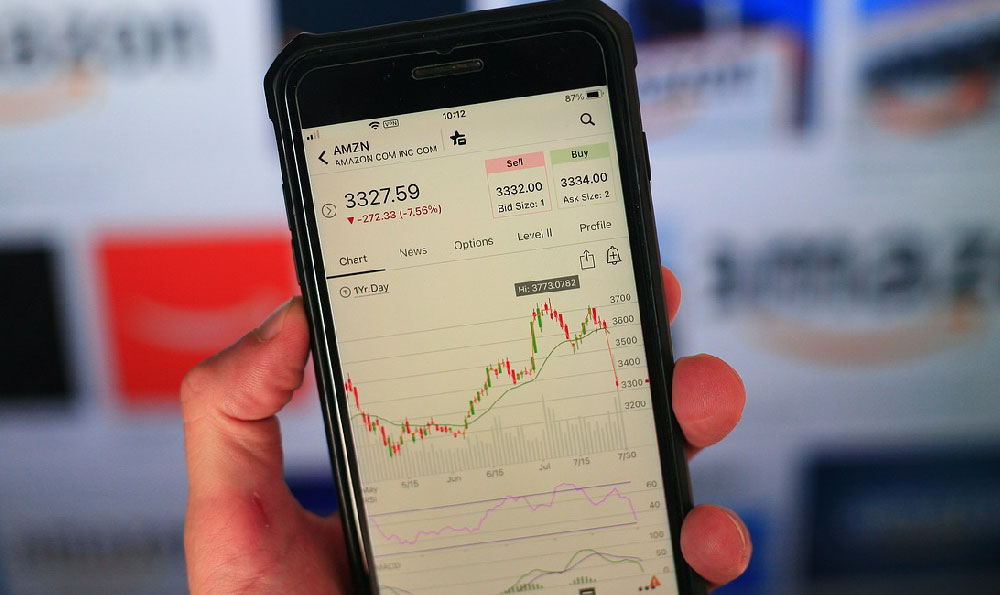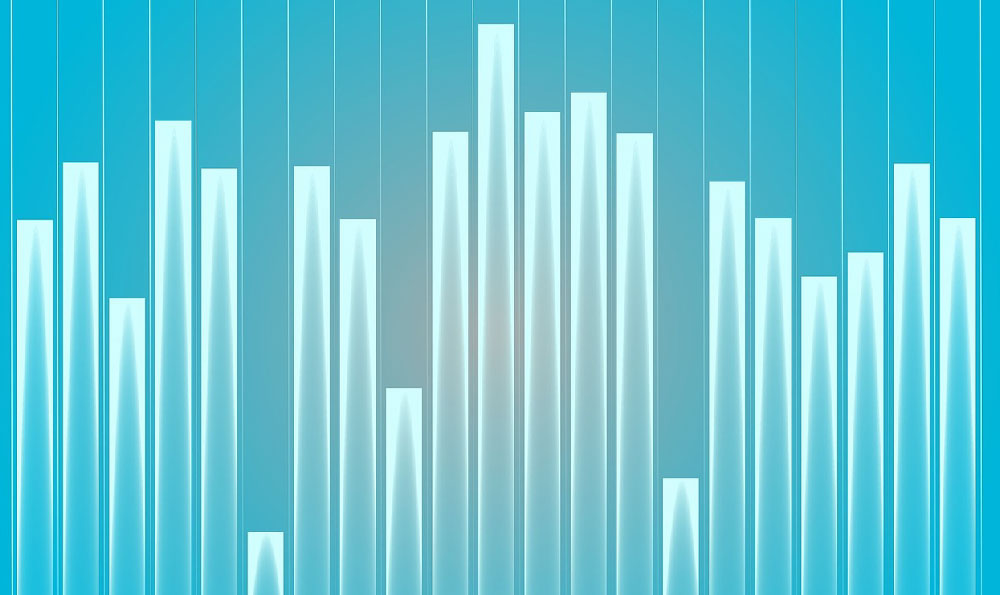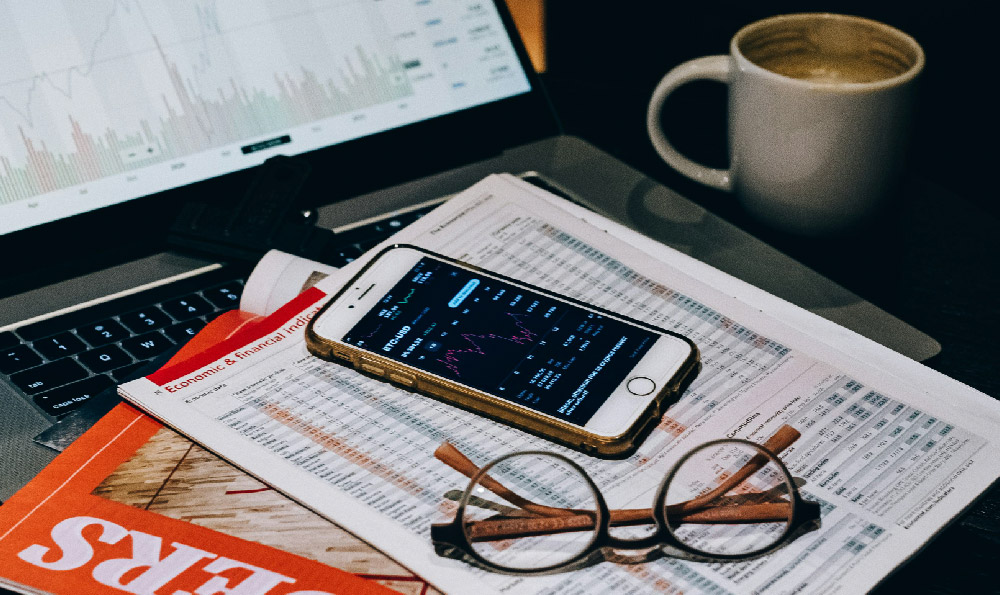Understanding the financial empire of Pablo Escobar requires delving into the dark heart of the global cocaine trade. Estimating his daily earnings is fraught with inaccuracies and speculation, given the clandestine nature of his operations. However, most informed analyses converge on astonishing figures, suggesting that at the peak of his power, Escobar's Medellin Cartel was likely generating upwards of $60-70 million per day in revenue. It's crucial to understand that this is revenue, not pure profit. Significant expenses included production, transportation, bribery, and weaponry, all contributing to substantial overhead. Even accounting for these costs, the daily profit likely remained in the multi-million dollar range, a truly staggering amount of wealth accumulation.
The foundation of this colossal wealth was the Medellin Cartel's near-monopoly on the cocaine trade between Colombia and the United States during the 1980s and early 1990s. Several factors coalesced to facilitate this dominance. Firstly, Escobar possessed an exceptional entrepreneurial mind, albeit one twisted by ambition and violence. He understood market dynamics, anticipating demand and strategically controlling supply. He vertically integrated his operation, controlling every aspect of the cocaine pipeline, from coca cultivation and processing to transportation, distribution, and ultimately, street sales. This vertical integration maximized profits and minimized reliance on external actors who could potentially betray him.
Secondly, Escobar was ruthless in eliminating competition. He employed brutal tactics, including assassinations, bombings, and intimidation, to consolidate his power and prevent rival cartels from encroaching on his territory. This violence instilled fear and ensured that the Medellin Cartel remained the dominant force in the cocaine trade. The sheer scale of violence acted as a deterrent, making it incredibly risky for any potential competitor to challenge his authority.

Thirdly, Escobar effectively leveraged corruption at every level of society. He bribed government officials, police officers, judges, and military personnel to turn a blind eye to his activities, provide protection, and even actively assist in his operations. This pervasive corruption created a safe haven for the Medellin Cartel to operate with impunity, making it difficult for law enforcement agencies to effectively target his organization. The sheer volume of money he wielded allowed him to compromise institutions at virtually every level, buying silence and cooperation.
Fourthly, Escobar was a master of logistics. He developed sophisticated transportation networks, utilizing planes, boats, and submarines to smuggle cocaine into the United States. He also employed creative methods, such as hiding drugs in legitimate cargo and using human mules, to evade detection by customs officials. This logistical prowess allowed him to efficiently move vast quantities of cocaine into the lucrative US market, ensuring a steady stream of revenue. He constantly innovated, adapting to changing law enforcement strategies and employing cutting-edge technology to maintain his edge.
Fifthly, the insatiable demand for cocaine in the United States fueled Escobar's wealth. The high prices that cocaine commanded in the US market, coupled with the relatively low cost of production in Colombia, resulted in astronomical profit margins. This created a powerful incentive for Escobar to expand his operations and maintain his control over the trade. The economic forces at play were overwhelmingly in his favor, driven by a societal appetite that he ruthlessly exploited.
Finally, it's critical to note the impact of his "Robin Hood" persona, cultivated through charitable acts and public works projects. While these acts were undoubtedly self-serving, aimed at gaining popular support and protecting his operations, they also solidified his image as a benefactor of the poor. This support provided a layer of protection, making it more difficult for authorities to apprehend him and turning the local population, in some instances, into a shield against prosecution.
However, Escobar's wealth was also a source of immense problems. The sheer volume of cash created logistical nightmares. He reportedly spent thousands of dollars each month just on rubber bands to bundle the money. Large sums of money were stored in warehouses, fields, and even buried in the ground, leading to significant losses due to spoilage, pests, and theft. The constant need to launder money through various schemes and businesses added another layer of complexity and risk.
Furthermore, the attention his wealth attracted from law enforcement agencies in both Colombia and the United States ultimately led to his downfall. The relentless pursuit by authorities, combined with the internal conflicts within the Medellin Cartel and the rise of rival cartels, gradually eroded Escobar's power and influence. His opulent lifestyle and blatant disregard for the law made him a target, eventually leading to his death in 1993.
In conclusion, Pablo Escobar's daily earnings at his peak were likely in the tens of millions of dollars, fueled by his control of the cocaine trade, ruthlessness in eliminating competition, pervasive corruption, logistical prowess, and the insatiable demand for cocaine in the US market. His wealth, while seemingly limitless, ultimately became a burden, attracting unwanted attention and contributing to his demise. His story serves as a stark reminder of the corrosive effects of unchecked power and the devastating consequences of the illegal drug trade. The accumulation of such extreme wealth highlights the inherent instability and ultimately self-destructive nature of illicit enterprises. While the figures are speculative, the scale of his financial empire is undeniable, a testament to both his entrepreneurial acumen and his utter disregard for human life.











